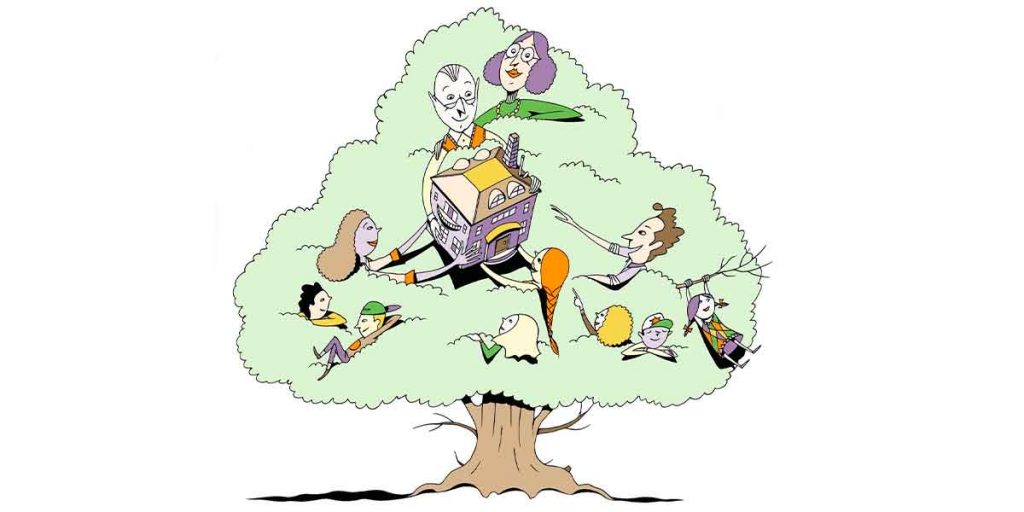What is Estate Planning
This is simply the process of arranging for an orderly transfer of your assets to the people you want to receive them, it involves identifying who you want to give your assets to and when, either in your life time or at death; but sometimes done after death)
Mortality is hard to think about and death is impossible to plan for. What is doable, however, is getting affairs and assets in order to prevent loved ones from inheriting a headache and legal fees in the event of an incident. Currently, some persons don’t think they need a will whatsoever, operating under the assumption that estate planning is a practice for only the very wealthy. The reality is, no matter how few assets it seems someone owns, completing a few pieces of paperwork now can make a world of difference in the future. The estate planning process has developed a reputation as being tedious and costly, and rightfully so.
How to start Estate Planning Process
1. Take Detailed Inventory
While estate planning can seem overwhelming, taking inventory of assets is a great place to start. Young people, in particular, get lulled into a sense of security, and assume they have plenty of time to get affairs in order. And so, many incorrectly believe that they don’t have enough assets to warrant a Will or trust. However, estate planning has little to do with net worth, it is specifically to take care of the loved ones who will handle these affairs. Estate planning now can help alleviate the probate process for beneficiaries looking to unlock access to the estate, no matter how small. With that said, taking inventory of all assets is a crucial first step, and a logical place to start. Find some time to sit down and think through any belongings of reasonable value, both inside and outside of the home, and begin listing them out.
2. Identify Your Beneficiaries
Once the exhaustive list of assets is complete, it’s important to determine how these assets should be divvied up between family, friends, churches, or charities. Planning ahead to determine who inherits which assets ensures that nothing gets misplaced or mishandled, and that anything of any value ends up in the intended hands. Although tedious, this step will go a long way to limit the court’s involvement as assets are allocated, and prevent family and friends from jumping through unnecessary hurdles in the process. Determining beneficiaries ensures loved ones are provided for, and grants them access to specific assets in the event of an incident.
3. Draft a Will
Drafting a Will is perhaps the most important step in the estate planning process, and should be done by everyone over the age of eighteen. A Will serves as the guidelines for how assets are to be allocated, preventing any potential disputes. Not only does a Will simplify the distribution of assets in the event of death or incapacitation, but it also provides marching orders to the survivors. Without a Will in place, assets will simply be allocated according to state law not according to your wishes. Simply drafting a Will prevents the state from making decisions about how your estate is divvied up, once the assets and beneficiaries are listed, a Will should be drafted immediately. Life is unpredictable. A Will ensures family, friends, and charities are cared for should an incident occur.
4. Establish & Maintain Open Communication
Establishing open and consistent lines of communication between family and friends is essential while estate planning. Communication is often overlooked and underrated, but is an incredibly effective way to avoid conflict and disagreement. It’s important to get everyone on the same page, both literally and figuratively, to prevent any legal or familial disputes regarding the estate. Despite few Americans claiming to understand the importance of estate planning, not all actually have a will or a living trust. What’s more, that number dips to 36% for adults with young children. Estate planning ensures valuable assets end up in the right hands following an unforeseen incident, and that loved ones are not left with any additional financial or legal burdens.
Get help
If you would like to learn more about the documents you need in estate planning, any one of our estate planning attorneys would be happy to assist you.









